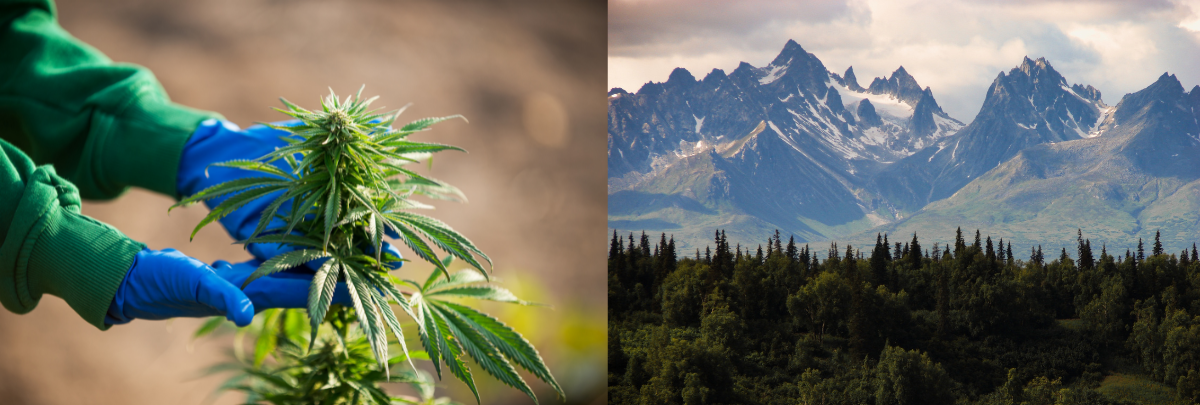It’s a fair question that can be targeted towards every aspect of Canadian life, from personal and recreational use, to substance abuse at work, to providing jobs or boosting the economy.
How Will the Legalization of Marijuana Affect the Workplace?
According to an op-ed by The Globe and Mail, Robert Weir, a partner at Borden Ladner Gervais LLP, states, “As with alcohol, legalization of recreational marijuana will not give employees the right to freely use marijuana in the workplace. Employers may continue to be able to expect their employees to show up sober and ready to work.1
There could potentially be new formats for employers to abide by. Weir explains, “Employers will have to review and amend existing workplace policies and procedures once the Cannabis Act comes into force. This legal change may also require a social shift away from traditional views on the recreational use of marijuana. One key change will include removing any express policy references to marijuana use as an illegal “off-duty” activity. While such activity will no longer be illegal, employers can still restrict the use and possession of marijuana in the workplace.2

Legalized Cannabis and Law Enforcement
It is estimated by NatoAssociation.ca, that ‘Police forces spend close to $3 billion annually attending to marijuana-related offences across Canada. This number is sure to rise as instances of driving while high on marijuana increase with its legalization. Legalization and regulation of the substance and the concurrent dissipation of the black market will help assure fewer police resources will be spent on monitoring marijuana usage, freeing up capital to focus on other pressing concerns that provinces face.3
What About Medical Marijuana and the Opioid Crisis?
Studies show the potential of medical marijuana having a positive impact on the opioid crisis in Canada. A research paper on behalf of the Green Room Society (GRS) shares some insight, “Marijuana is recognized as an alternative to opioids and could provide a net-positive health and well-being benefit to Canadians if medical marijuana serves as a suitable substitute for opiates that are currently being dispensed for chronic pain, depression and mental wellbeing. Canada is the world’s second-largest per capita consumer of opioids after the United States, according to the International Narcotics Control Board (2013). A high number die from overdose of oxycodone, hydromorphone and morphine.4
Medicinal Marijuana and Medical Users?
The Green Room Society also explains, “Medical marijuana has been demonstrated to contribute to the alleviation of chronic pain, anxiety, depression, anxiety, gastrointestinal disorders, such as Crohn’s disease, and offers an alternative to the deadly, addictive opioids painkillers.5
This could potentially relieve a variety of ailments that are treated by other drugs including addictive opioids.
Will the Legalizing Cannabis Increase Jobs?
The verdict still isn’t 100 percent certain on whether legalizing cannabis will create a ton of new jobs for Canadians. According to the National Post, “Potential for new jobs is slim due to new technologies. Also, he said, the work isn’t popular among Canadians — the region employs about 4,000 temporary foreign workers — and the children of ageing farmers aren’t interested in pursuing the family business.”
As the law changes next year, only time will tell how this will impact Canadian culture and society. We will have to wait and watch as history unfolds.
The post, How Legalizing Marijuana Will Impact Every Facet of Canadian life appeared first on www.spectrummdx.com
Sources
3: http://natoassociation.ca/cannabis-culture-and-the-economics-of-marijuana-in-canada/

